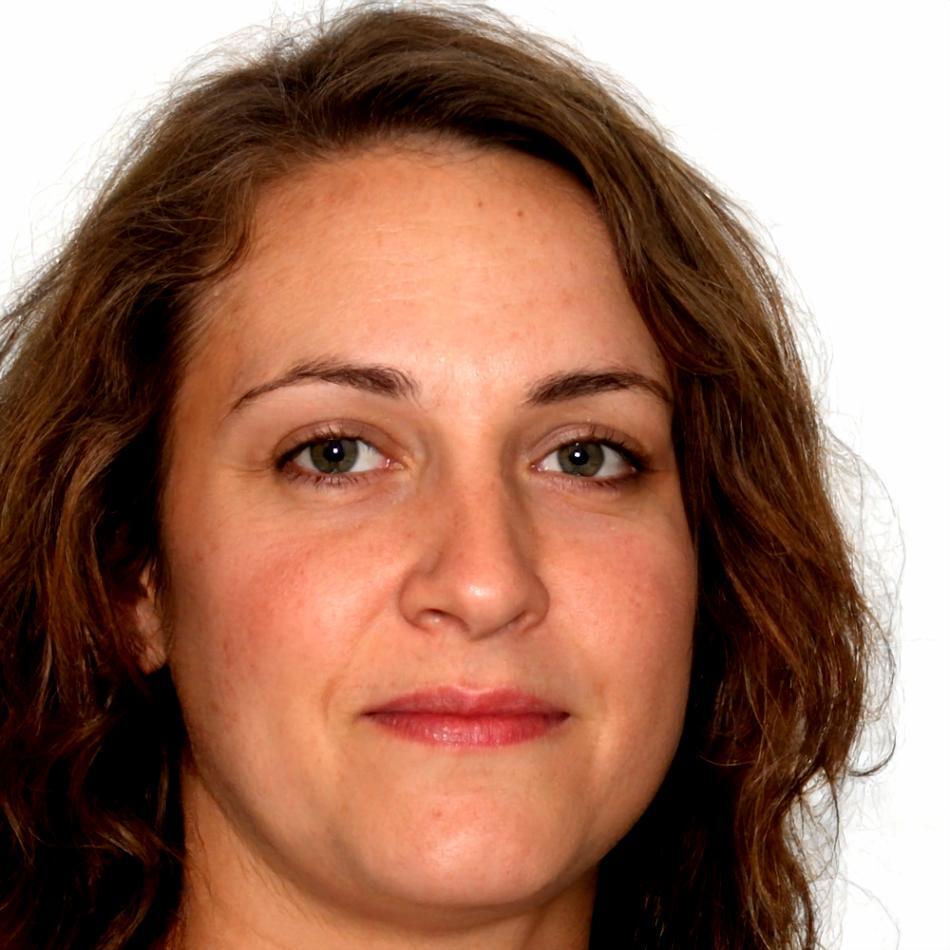Understanding Your Financial Foundation
Before we discuss investment strategies or portfolio allocations, there's groundwork that matters more. Most people skip this part and wonder why their financial plans never quite work out. It's like building a house without checking if the land is solid first.
Core Financial Pillars
Emergency Reserves
You need cash you can actually access. Not invested, not locked away. Three to six months of expenses sitting somewhere boring and accessible. It's not exciting, but it changes everything when something breaks.
Debt Assessment
Not all debt is created equal. High-interest credit cards versus a reasonable mortgage? Those are different conversations entirely. Understanding what you're paying in interest helps you make smarter decisions about where money should go first.
Income Stability
How predictable is your income? Salaried employees have different considerations than freelancers or commission-based workers. Your investment approach should match your income reality, not someone else's situation.
Risk Tolerance
What you think you can handle versus what keeps you up at night are often miles apart. A market drop of 20% sounds abstract until it's your money. Honest self-assessment here saves you from panic-selling later.
The Preparation Journey
Building financial readiness isn't instant. Here's what a realistic timeline looks like for someone starting from scratch.
Getting the Basics Right
Track where money actually goes. Not where you think it goes—where it really goes. Most people are surprised. Set up that boring savings account for emergencies. Start with whatever you can manage, even if it's just $50 a week. Progress matters more than perfection here.
Building Your Safety Net
Keep feeding that emergency fund. You're aiming for at least one month of expenses covered, ideally three. If you've got high-interest debt, start chipping away at it aggressively. The math is simple: paying off 19% interest credit card debt is better than most investment opportunities.
Understanding Your Options
Now you can start learning about actual investment approaches. Read about different asset classes. Understand what RRSPs and TFSAs actually mean for your situation. The goal isn't to become an expert overnight—it's to ask better questions and recognize when advice makes sense for you specifically.
Making Informed Decisions
With a solid foundation and basic knowledge, you're ready to explore investment strategies that align with your goals. You'll understand why certain recommendations might work for you and why others don't fit your situation. That's when real financial progress becomes possible.
What Most People Get Wrong
There's this idea that investment success is about finding the perfect stock or timing the market perfectly. But in practice? The people who do well are usually the ones who got boring things right first.
I've seen folks with impressive investment portfolios who still had credit card debt at 22% interest. That's like watering your garden while your house is on fire. The order matters tremendously.
- Starting to invest before establishing emergency savings leads to selling investments at the worst possible time when unexpected expenses hit
- Ignoring debt while building investments means paying more in interest than you're earning in returns
- Following strategies designed for someone else's financial situation rarely works out well
- Skipping the learning phase leads to decisions based on panic or hype rather than understanding
The fundamentals aren't glamorous. They're not exciting to discuss at dinner parties. But they're what actually determines whether your financial plans work or fall apart the first time life throws something unexpected at you.



Corinne Beausoleil
Investment Fundamentals AdvisorI spent my first five years in finance convincing people to invest in complicated products. Then I realized most of them weren't ready for those products. They needed help with basics that nobody wanted to talk about because basics aren't profitable to sell.
Now I focus on the preparation stage that actually determines success. Getting emergency funds established. Understanding debt priorities. Building knowledge before making commitments. It's less exciting than promising market-beating returns, but it's what people actually need to hear.
Our educational programs starting in autumn 2025 cover these foundational concepts in practical detail. Not theory that sounds good on paper—actual approaches that work for real people with regular incomes and normal complications.
Start a Conversation